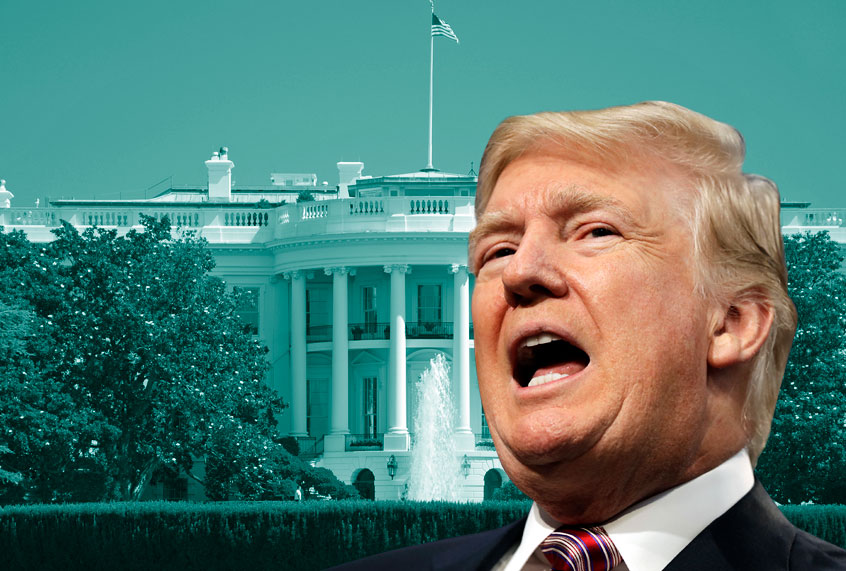Presidential pardons are best viewed as a mechanism for correcting wrongs done in the justice system or distributing mercy in exceptional cases. Or, if you’re President Donald Trump, it’s just a way to reward business associates who say nice things about you.
That’s the message of Trump’s pardon Wednesday night of Conrad Black, a former media mogul.
Black was charged on multiple counts of fraud and obstruction, and he served three and a half years in prison. But most importantly, he’s a big fan of Trump. They worked together to build Trump Tower Chicago, the Washington Post’s David Fahrenthold said. He has said Trump is “already the most successful U.S. president since Ronald Reagan,” and he wrote a glowing book about him titled, apparently with no irony, “Donald J. Trump: A President Like No Other.”
Well, few could argue with the title. But giving a man a pardon, apparently because they wrote nice things about you, is a pretty despicable use of the presidential power. And it’s not the first time Trump has pardoned sycophants — he also offered clemency to right-wing fans Dinesh D’Souza and Joe Arpaio.
“There are thousands of people behind bars, many serving decades-long sentences for low level drug crimes, who deserve pardons,” said former DOJ spokesman Matthew Miller. “The way Trump keeps handing them out to political cronies and right-wing reactionaries is a pure perversion of the pardon power.”
Renato Mariotti, a former federal prosecutor, suggested that Trump may have chosen the pardon because of parallels to the case against him: “Conrad Black served time for obstruction of justice even though convictions for underlying crimes were invalidated. Trump just pardoned him, along with a politician convicted of public corruption.”
The second pardon went to Patrick Nolan, who was the Republican minority leader of the California State Assembly. He pleaded guilty to public corruption charges in 1994, and he has since worked on criminal justice reform.



